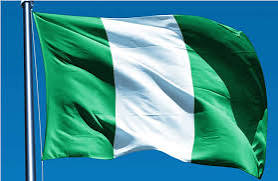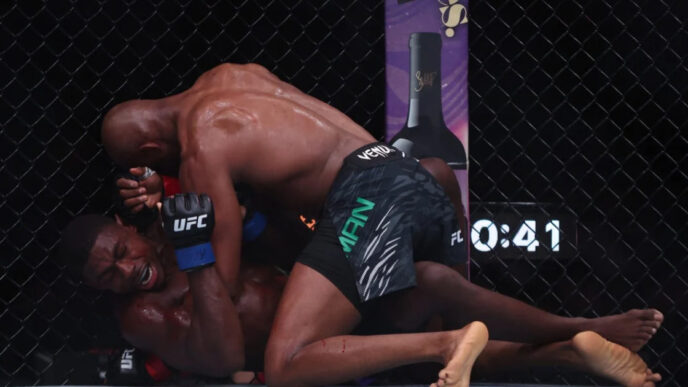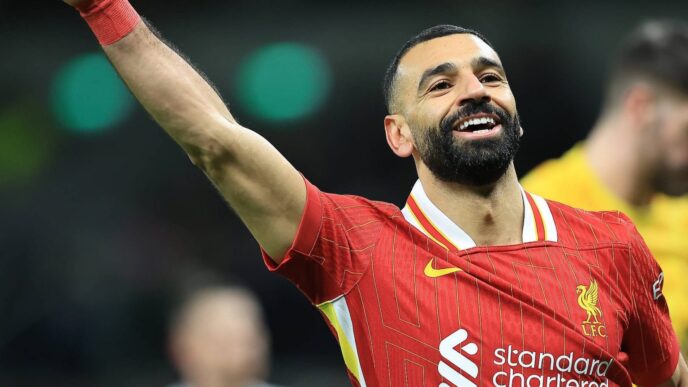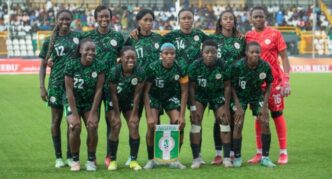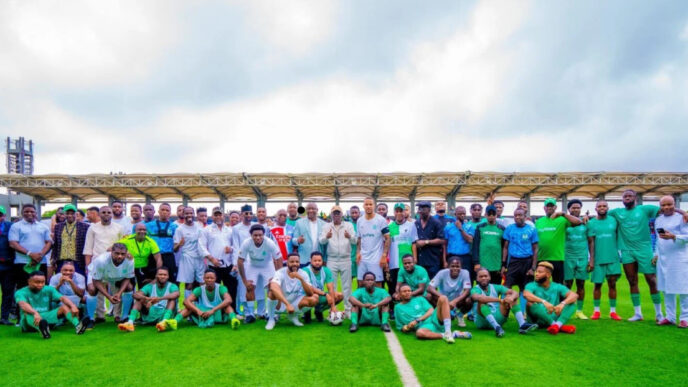Nigeria’s path to democracy has been anything but smooth. Since gaining independence in 1960, the country has experienced a turbulent political history, marked by military coups, civil unrest, and the relentless struggle of its people for democratic governance.
As with many emerging democracies in the developing world, Nigeria faced political instability almost immediately after independence. The euphoria that greeted the end of colonial rule was short-lived. Intense political rivalry, especially in the Western Region, led to widespread violence, arson, and loss of lives. By 1962, the crisis had escalated to the point where a State of Emergency had to be declared in the West.
The situation deteriorated further with Nigeria’s first military coup in January 1966, which toppled the government of Prime Minister Tafawa Balewa. General Johnson Aguiyi-Ironsi assumed power but was himself overthrown and killed in a counter-coup just six months later. General Yakubu Gowon then took control, but under his leadership, Nigeria plunged into a deepening political crisis. Poorly managed by the inexperienced military leadership, the conflict soon spiraled into the Nigerian Civil War (1967–1970), a tragic chapter that claimed millions of lives.
Despite the war’s end, military dominance in Nigerian politics persisted. General Gowon, who oversaw the war, was ousted in 1975. His successors, General Murtala Mohammed (1975–1976) and General Olusegun Obasanjo (1976–1979), continued military rule. However, in October 1979, Nigeria finally experienced a transition to civilian government when Alhaji Shehu Shagari was inaugurated as the first Executive President of the Federal Republic.
That democratic experiment was brief. Just months into his second term, President Shagari was overthrown in a coup led by General Muhammadu Buhari. In a cycle of palace coups, Buhari was later ousted by General Ibrahim Babangida, who ruled Nigeria for eight years. His long and complex transition program came to a controversial end with the annulment of the June 12, 1993 presidential election—widely regarded as Nigeria’s fairest election, and one believed to have been won by Chief M.K.O. Abiola.
Abiola’s attempts to reclaim his mandate led to his arrest and detention. Tragically, he died in custody, never to witness the democracy he sought to restore. During this period, civil society groups, pro-democracy activists, and countless brave Nigerians risked imprisonment, exile, and death in their fight against military dictatorship.
After years of struggle, a breakthrough came in 1998 with the sudden death of General Sani Abacha. His successor, General Abdulsalami Abubakar, oversaw a swift transition to civilian rule, culminating in democratic elections within ten months. In May 1999, Chief Olusegun Obasanjo—himself once imprisoned under military rule—was sworn in as president, marking the beginning of Nigeria’s Fourth Republic and the end of over three decades of military dominance.
That historic handover on May 29, 1999, signaled a new era. Yet, 26 years later, as Nigeria commemorates another Democracy Day, a crucial question lingers: Are Nigerians truly better off under democratic governance?
Gatekeepers News is not liable for opinions expressed in this article, they’re strictly the writer’s

